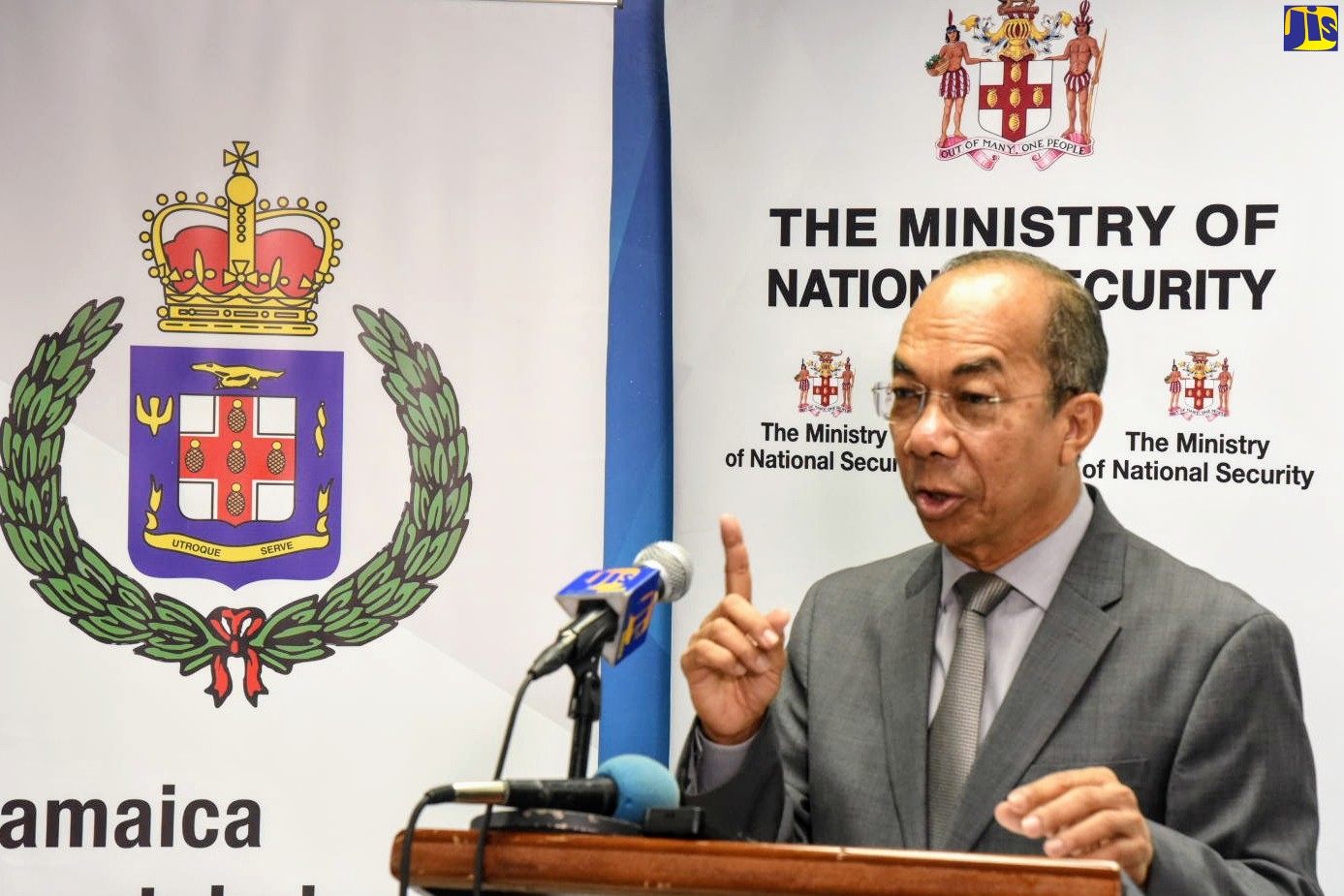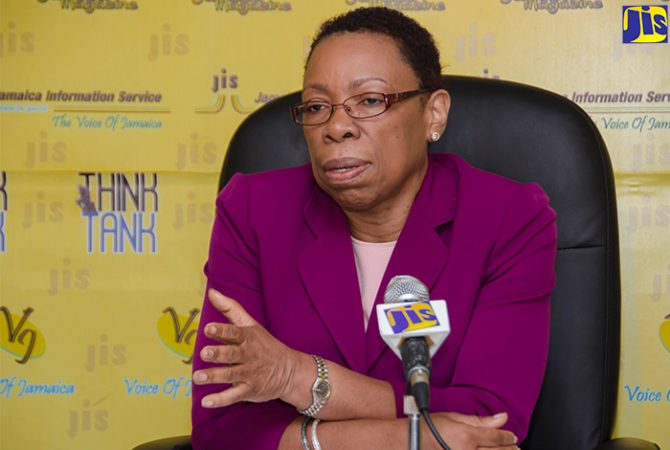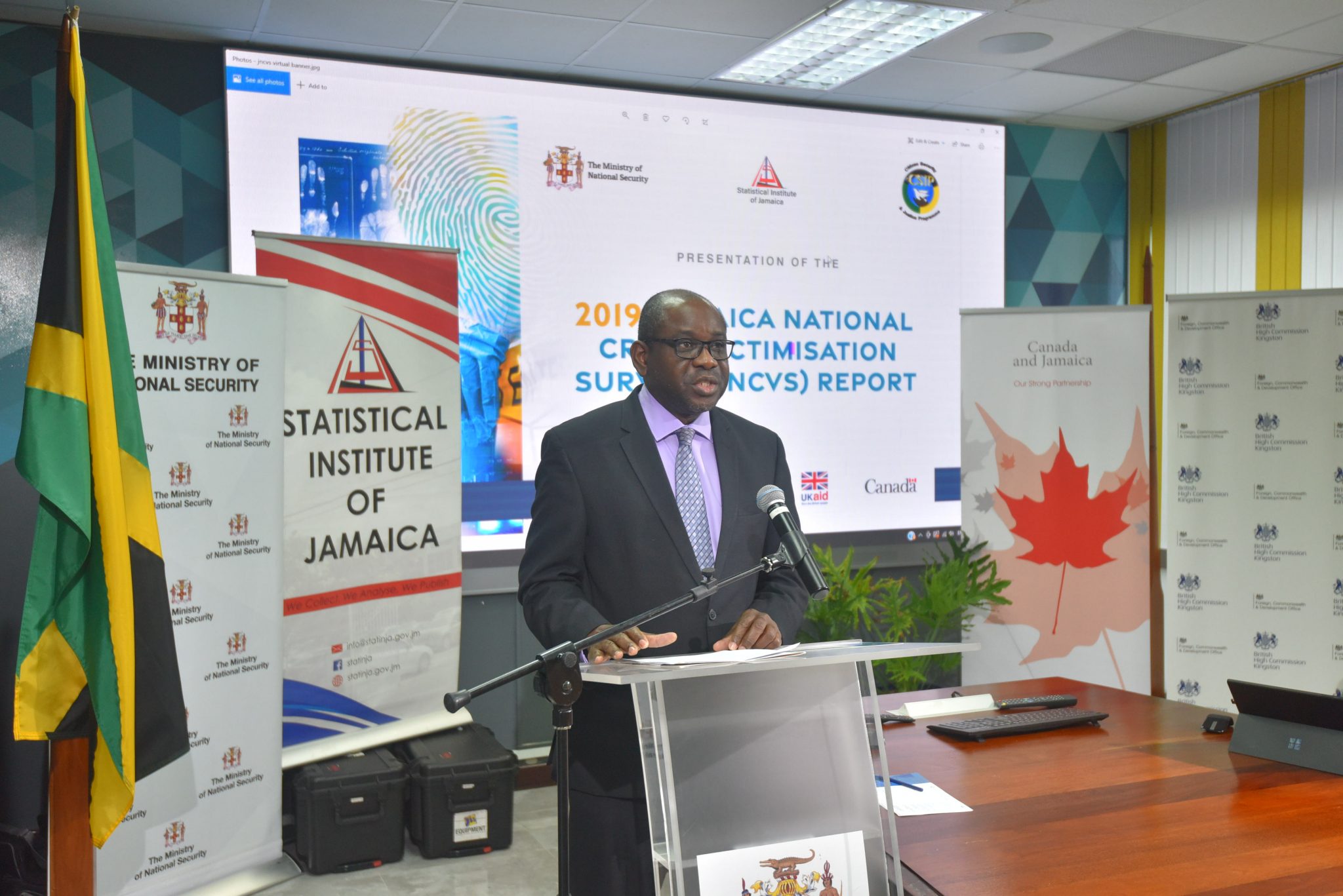2019 Jamaica National Crime Victimisation Survey Launched
By: , March 11, 2021The Full Story
The Ministry of National Security, on Wednesday (March 10), unveiled the report of the 2019 Jamaica National Crime Victimisation Survey (JNCVS), which measures and documents citizens’ perception of security in Jamaica.
The report incorporates information on the extent to which persons may have been victims of 14 categories of crimes between September 2018 and August 2019.
The fifth such household survey was undertaken by the Statistical Institute of Jamaica (STATIN) in partnership with the Ministry.
Similar studies were conducted by STATIN in 2006, 2009, 2012/13, and 2016.
Deputy Prime Minister and Minister of National Security, Hon. Dr. Horace Chang, in his address at the virtual launch said that the survey is essential in providing the kind of data that can be used to examine the Ministry’s programmes and review its policies in the evaluation of public safety and citizen security.
He said the data from the findings provides the general public with “an objective and factual base” on which to engage in discussions on matters of national security and policing strategies and methodologies.
“The policies and programmes in the Ministry can also be held to a higher level of public scrutiny and accountability,” he added.
Dr. Chang is encouraging persons to review the report in order to have “reasonable and objective discussions” regarding the Ministry’s activities.
STATIN Chief Executive Officer, Carol Coy, for her part, said that the report provides quantitative and updated statistics on crimes occurring during the review period.
Additionally, she said it estimates the cost of crimes to households and individuals in Jamaica, provides an analysis of individuals’ opinions of fundamental public safety and justice issues, and the degree of trust and perception about the performance of relevant institutions.
She noted that the report also includes findings on the outcomes of targeted social interventions, such as the Citizen Security and Justice Programme (CSJP).
Ms. Coy pointed out that the information contained in the document will assist with Jamaica’s progress towards achieving United Nations Sustainable Development Goal (SDG) 16, which aims to promote peaceful and inclusive societies for sustainable development; provide access to justice for all; and build effective, accountable and inclusive institutions at all levels.
She said that, importantly, the report is critical to policy and programme development, aimed at improving the lives of Jamaicans.
Ms. Coy pointed out that globally, there is a “critical demand” for high-quality statistics on crime and criminal justice to design and implement anti-crime programmes and assess the social impact of public policies.
As such, she said that crime victimisation surveys continue to be an important source of information that is used by a wide cross section of stakeholders to better understand a country’s crime situation.
“We hope that the findings in this report will inform strategic planning, programme development, and other national initiatives,” Ms. Coy said.
She pointed to the need for partnerships, such as that facilitating the JNCVS, as an important step in the widening of data available to policymakers, civil society, development partners, and researchers.
In his remarks, Permanent Secretary in the Ministry, Courtney Williams, said that as the Ministry tailors and reshapes policies to effectively combat crime, “the survey becomes vital, as it measures the incidence of crime from the perspective of the victim”.
“Moreover, the survey allows law-enforcement officials to better understand major crimes by providing insights into how they can be prevented,” he added.
Other key stakeholders facilitating the survey and development of the report were the Inter-American Development Bank (IDB), the Governments of Canada and the United Kingdom, the National Statistics Office of Mexico, and the UN Office on Drugs and Crime.



